
US military kills 2 Swedish Islamic State fighters in Iraq
Khalid Ostman Timayare was the deputy emir of the Anwar Awlaki brigade, while Harris Cary Saneen “was “a trusted member of the cadre of foreign fighters,” the US military said.

Khalid Ostman Timayare was the deputy emir of the Anwar Awlaki brigade, while Harris Cary Saneen “was “a trusted member of the cadre of foreign fighters,” the US military said.
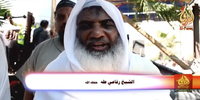
The US killed Rifai Ahmed Taha Musa in an airstrike this week. Musa first began working with Osama bin Laden and Ayman al Zawahiri in the 1980s and 1990s. US intelligence officials identified him as a key figure in al Qaeda’s so-called “Khorasan Group.” According to one of his former comrades, he was in Syria to promote unity between Al Nusrah Front and Ahrar al Sham.
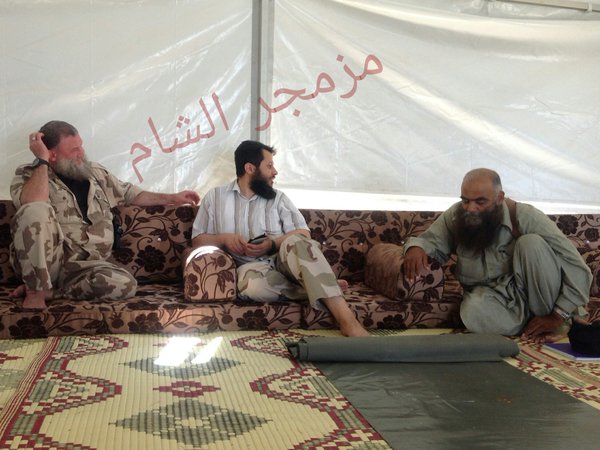
The Al Nusrah Front confirmed today that Abu Firas al Suri, a veteran jihadist who served al Qaeda since the 1980s, was killed in a US airstrike on Apr. 3. A Pentagon spokesman recently explained that Al Nusrah has “ties” to al Qaeda, but this is not an adequate description of the relationship. Al Nusrah is one of al Qaeda’s regional branches and is openly loyal to Ayman al Zawahiri.

Mullah Manan was named the head of the Taliban’s Preaching and Guidance Commission, while Mullah Yacoub is a member of the Quetta Shura and commands military operations in 15 provinces. Omar’s kin previously opposed the Taliban’s new leadership.
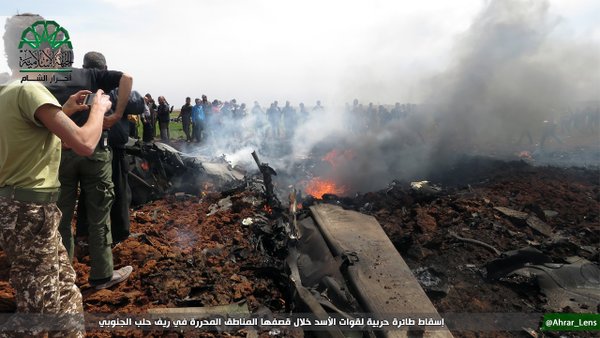
The Syrian government says that a fighter jet was downed by a surface to air missile in the Aleppo province earlier today. There are conflicting reports concerning how the plane was hit. Al Nusrah Front, al Qaeda’s official branch in Syria, has the pilot in custody and another al Qaeda-linked group, Ahrar al Sham, has claimed responsibility for downing the jet.
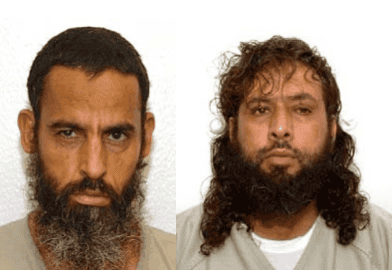
The US government announced the transfer of two Libyans from Guantanamo to the Republic of Senegal. Both of the men were allegedly members of the Libyan Islamic Fighting Group and worked for al Qaeda prior to their detention. JTF-GTMO found both to be “high” risks. President Obama’s Guantanamo Review Task Force previously deemed one of them “too dangerous” to transfer.
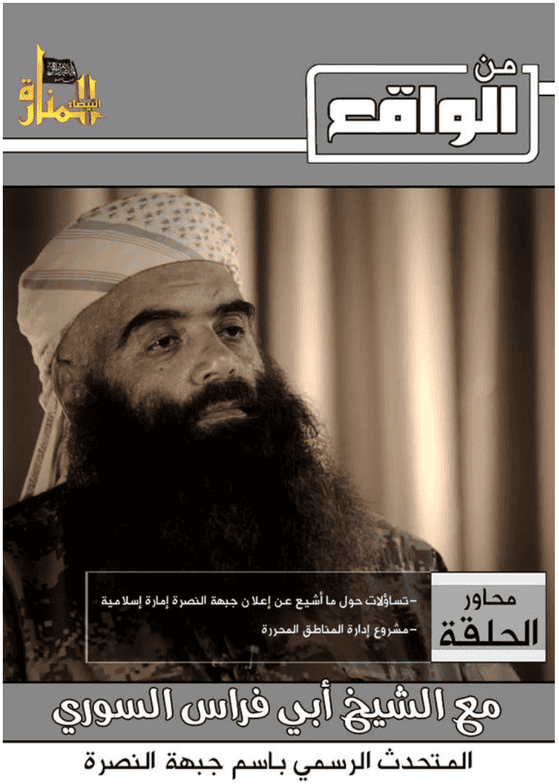
Pentagon Press Secretary Peter Cook confirmed today that the US targeted Abu Firas al Suri, a veteran al Qaeda leader, in an airstrike in Syria. Within hours of the bombing yesterday, jihadists on social media claimed that Abu Firas had perished. Separately, Cook confirmed that Hassan Ali Dhoore, a dual hatted al Qaeda and Shabaab leader, was killed in an airstrike in Somalia on Mar. 31.
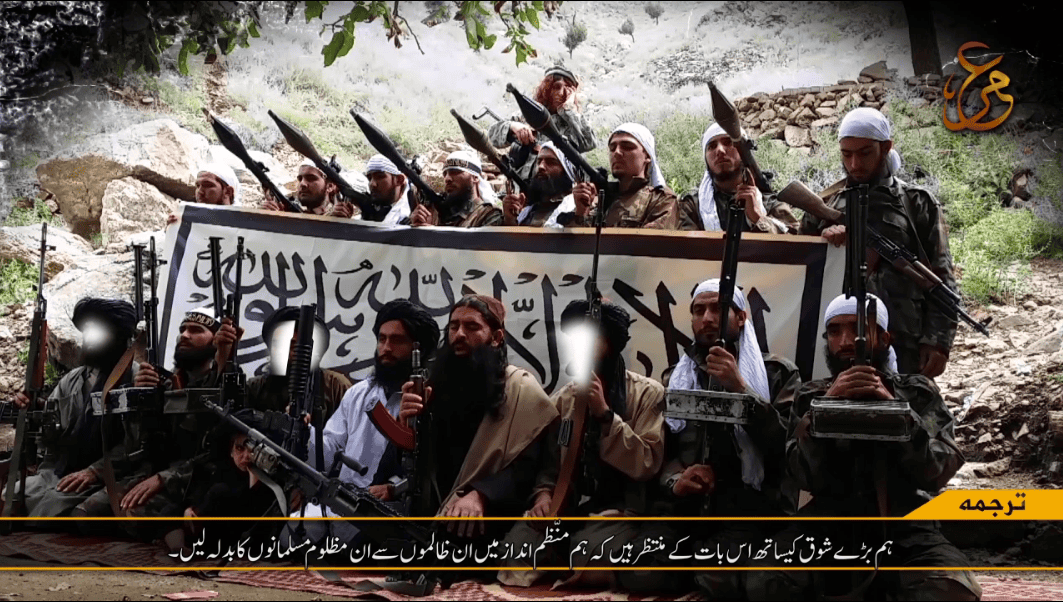
The Pakistani military seems eager to declare victory and put an end to Zarb-e-Azb, even though the jihadists networks based there have not been dismantled.
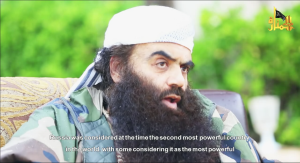
Jihadists on social media say that Abu Firas al Suri, a veteran jihadist who served al Qaeda since the 1980s, has been killed in an airstrike in Syria. Abu Firas previously explained al Qaeda’s revolutionary approach to waging jihad, saying the group seeks to develop “erupting jihadi centers” in various Muslim-majority countries.

The US military has not confirmed the death of Hassan Ali Dhoore, a dual hatted al Qaeda and Shabaab leader who served in the Amniyat, a key security and intelligence organization within Shabaab.
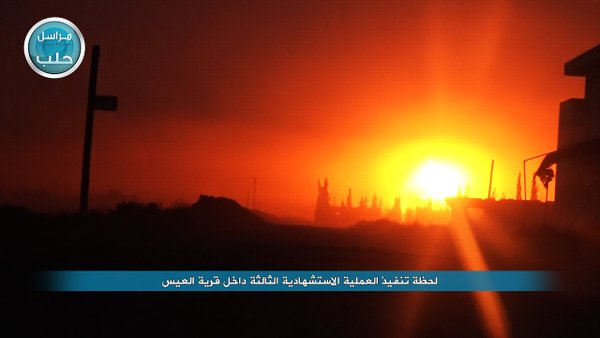
Al Nusrah Front claims to have captured a small village near the Talat al-‘Iss hill in the Aleppo province. Three suicide bombers were used to pave the way for the jihadists. The battle is part of Al Nusrah’s attempt to regain in the initiative in the war against Bashar al Assad and his allies. A Syrian regime source has told the press that the hill is a strategic location.
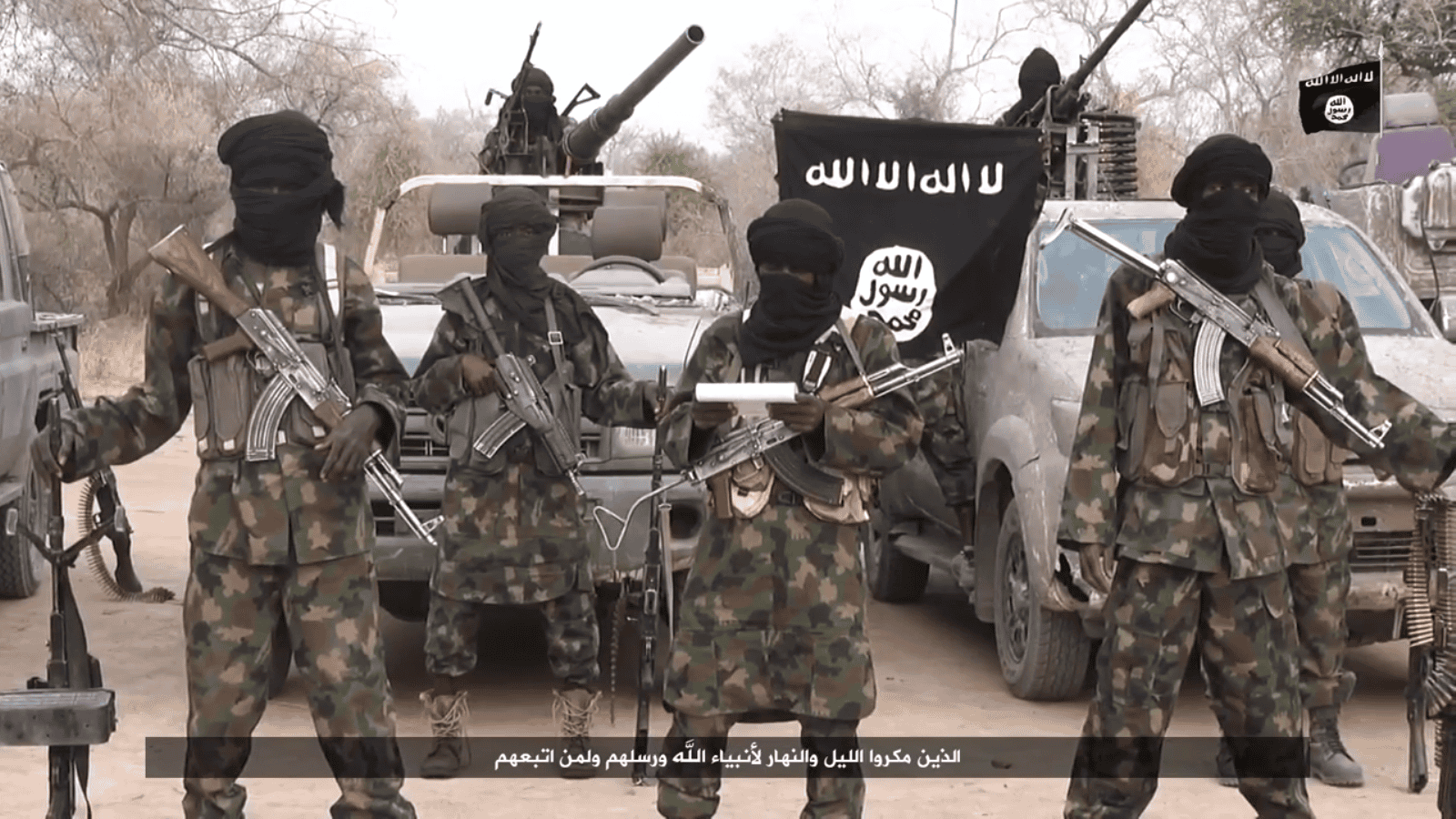
The jihadist group also implies that its leader, Abubakar Shekau, is still alive and leading the Islamic State West Africa after rumors of his demise.

The Treasury Department has added the Scottish-born James Alexander McLintock to the US government’s list of specially designated global terrorists. McLintock’s charity, Al Rahmah Welfare Organization (RWO), is allegedly a “front organization for al Qaeda” that has been used to fund al Qaeda, the Taliban, and Lashkar-e-Taiba. Social media sites associated with McLintock and RWO have documented their operations in Afghanistan, Pakistan, Syria and elsewhere.
The Tunisian state continues to face a jihadist threat from both the Kasserine region and what is emanating from the Libyan border.

While the AQAP commander’s statement may be technically true, it ignores the fact that jihadist groups’ local and foreign operations support each other, and both pose a threat to the West.
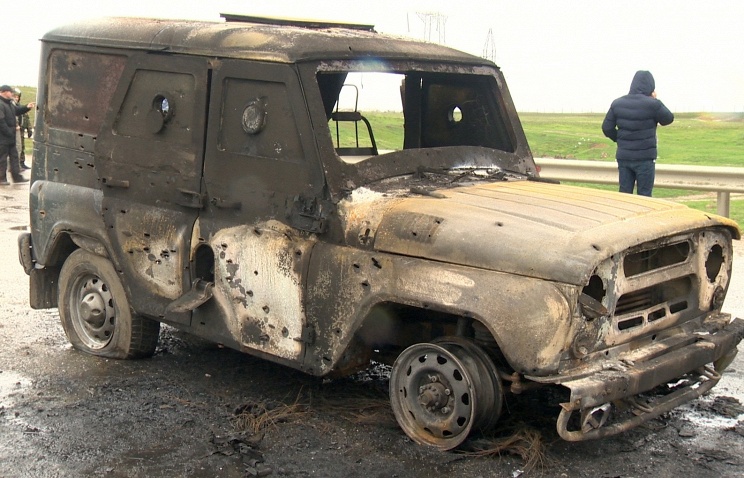
The Islamic State’s Caucasus Province claimed responsibility for two attacks in Dagestan on Mar. 29 and Mar. 30. Russian officials have confirmed that explosions occurred on those days, but the government’s version of events differs from the Islamic State’s claims.

The US launched six drone and airstrikes against al Qaeda in the Arabian Peninsula during the Month of March, equaling the total of the previous five months. The intensified airstrikes coincided with the strengthening of AQAP’s hold on southern Yemen.

The Syrian Army claims to have retaken the city of Palmyra from the Islamic State. Bashar al Assad’s forces, backed by their Iranian and Russian allies, are battling Abu Bakr al Baghdadi’s jihadists on several fronts. The Islamic State frequently claims “martyrdom operations” against Syrian regime fighters in Aleppo province, Deir Ezzor, and elsewhere.

“The target was Christians,” the official spokesman of the Movement of the Taliban in Pakistan Jamaat-ul-Ahrar said after a suicide bomber killed more than 70 people, mostly women and children, at a park in Lahore.
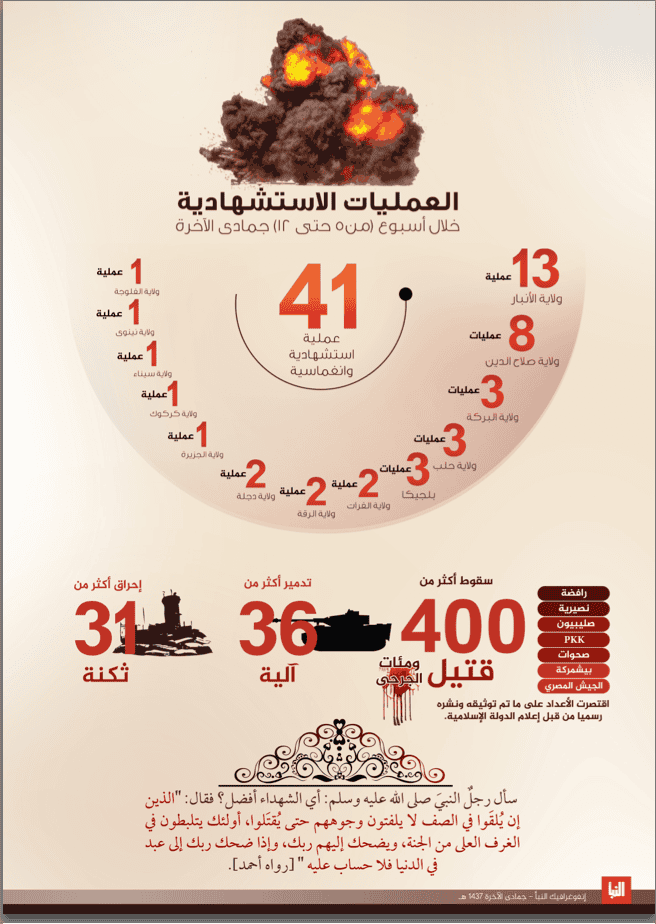
The Islamic State’s propagandists have celebrated the terrorist attacks in Brussels with videos, articles and infographics praising the three suicide bombers responsible. One video features two Belgian fighters who say the operation was a “new 9/11” and part of Osama bin Laden’s legacy.
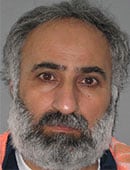
The Defense Department announced today that Abd al Rahman Mustafa al Qaduli, a senior Islamic State leader, has been killed. Secretary of Defense Ashton Carter did not provide any details concerning how or when Qaduli met his demise. Carter said that Qaduli served the Islamic State in multiple roles and was involved in its “external operations” wing, which is responsible for planning attacks in the West.
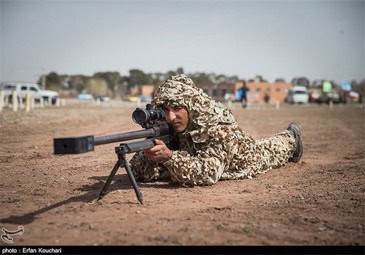
The deployment would mark the first time that Army forces, including commandos and snipers of the Rapid Response Battalions, have operated outside Iranian borders since the Iran-Iraq War of the 1980s.

While the US military said that the strike will deny AQAP “safe haven,” the air campaign waged by the US against the jihadist group since 2009 has done little to halt its advance.
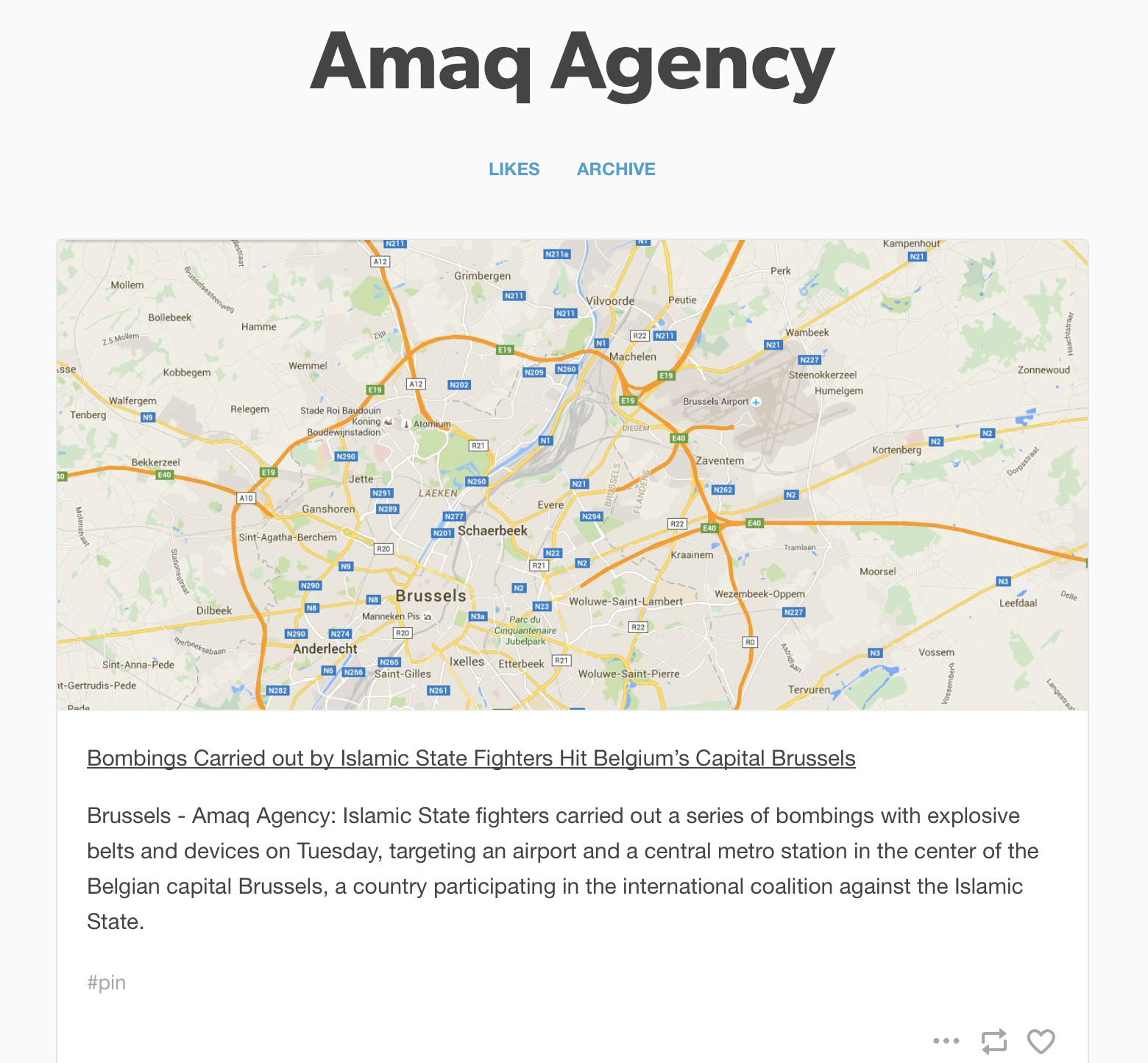
Amaq News Agency, a propaganda arm of the Islamic State, has claimed responsibility for the terrorist attacks in Belgium earlier today. Belgium has long been in the Islamic State’s crosshairs.
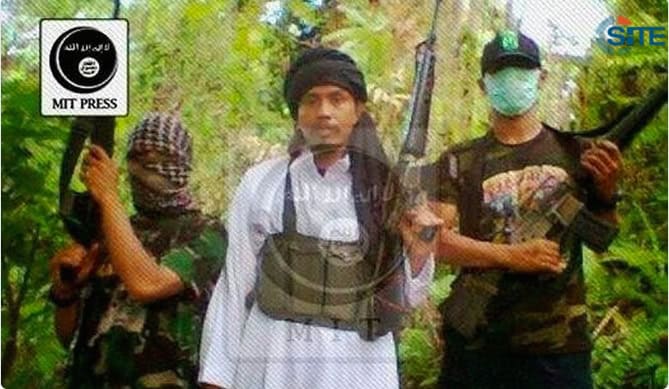
Abu Warda Santoso As Syarqi Al Indunisi declared allegiance to Abu Bakr al Baghdadi days after the Islamic State emir announced the formation of the caliphate. Santoso has called on Indonesians to attack Special Detachment 88, the counter-terrorism police.
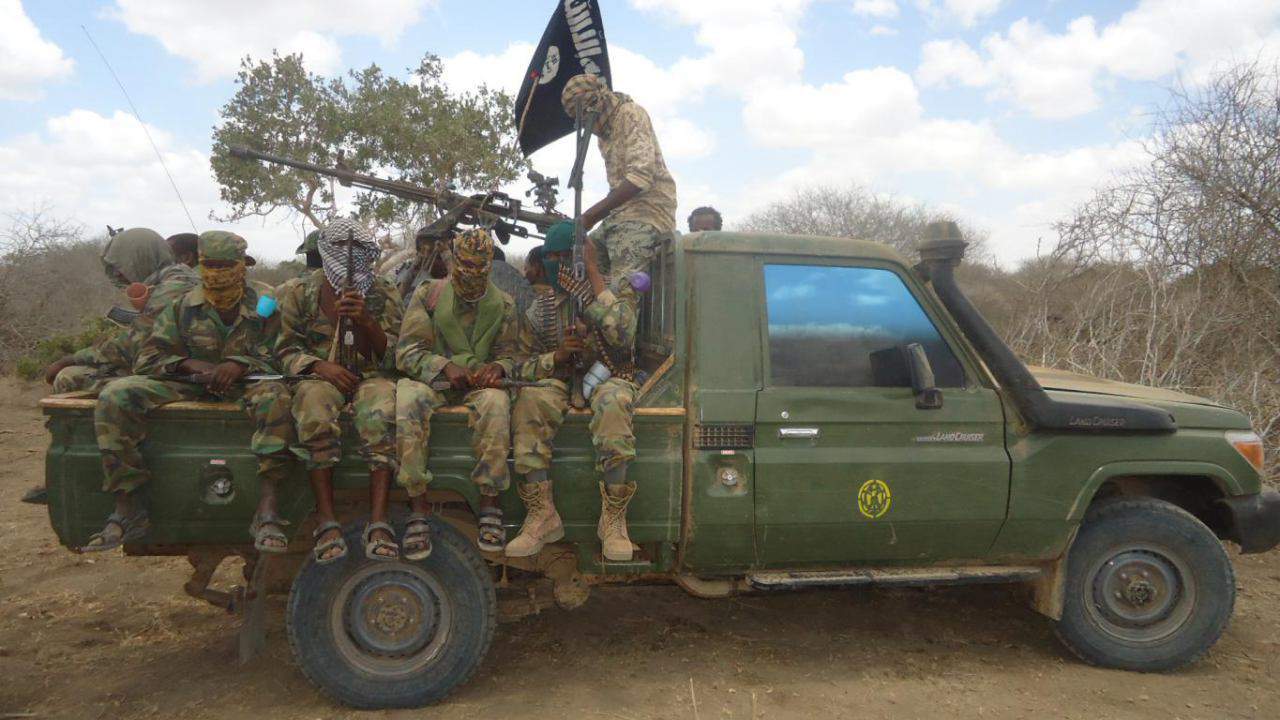
Shabaab continues its gains in southern Somalia despite large-scale presence of African Union troops.

“We want to be a third power in Iraq,” the commander of Saraya Khorasani said. “Why can’t the Hashd [Popular Mobilization Force] be like the Revolutionary Guard in Iran?”
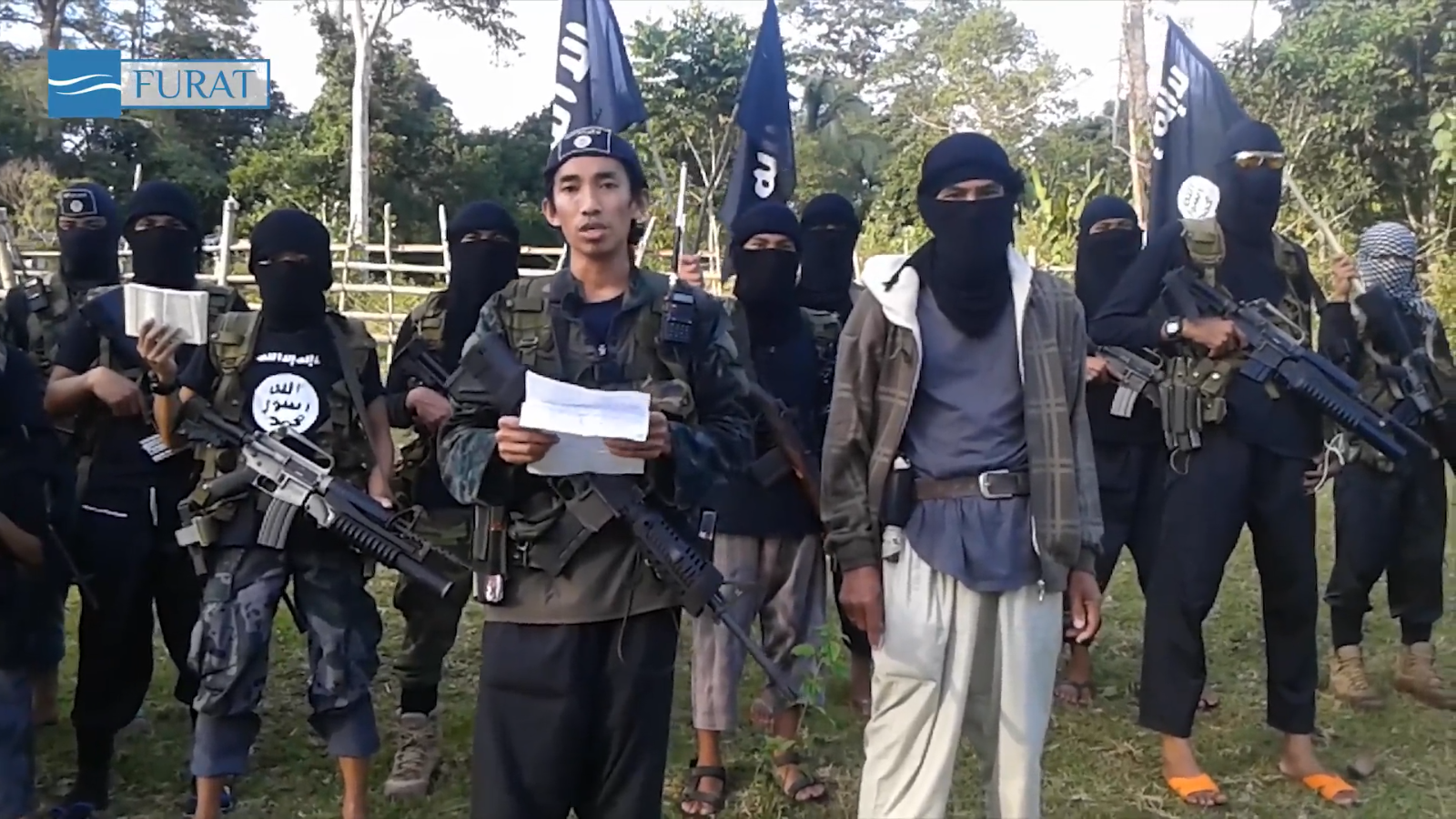
The Jund al Tawhid Battalion makes at least three Abu Sayyaf Group battalions to have defected to the Islamic State. However, it is still unclear if the entirety of Abu Sayyaf has done so.
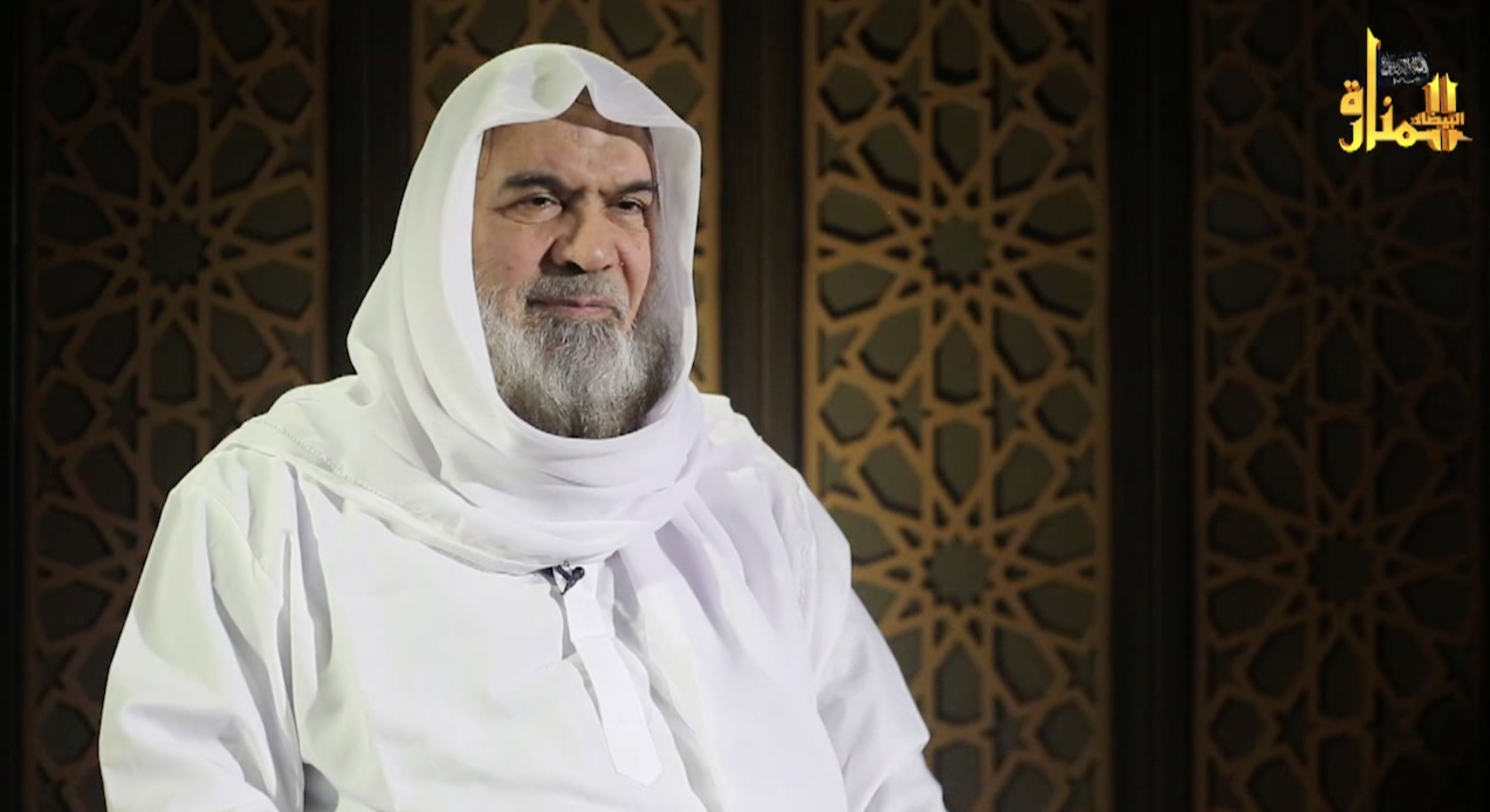
Ahmed Salama Mabruk, a veteran Egyptian jihadist, is now a key figure in Al Nusrah Front. Mabruk’s dossier stretches back to the early 1980s, when he was first imprisoned following the assassination of Egyptian President Anwar Sadat. He reportedly oversaw Egyptian Islamic Jihad and al Qaeda networks in the 1990s, before being captured in a CIA-led manhunt. He was released from an Egyptian prison following the ouster of President Hosni Mubarak.
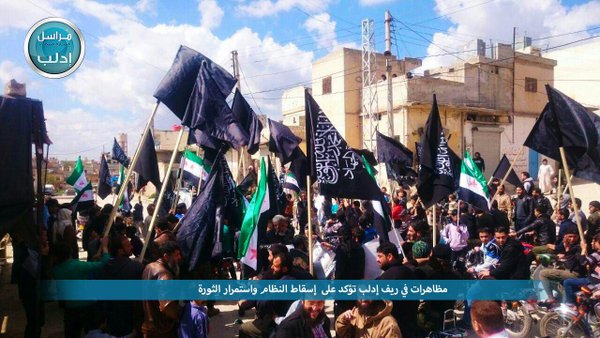
On Mar. 17, Abu Muhammad al Julani, the emir of Al Nusrah Front, issued a statement commemorating the fifth anniversary of the Syrian uprisings. Julani argued that the jihadists are inseparable from the Syrian people. Several years into the war, there are pockets of resistance to Al Nusrah, but the West has no strategy for harnessing this discontent and rolling back Al Nurah’s influence within the insurgency.